Lenox Hill Hospital - Outpatient Center for Mental Health

Overview
Lenox Hill Hospital - Outpatient Center for Mental Health is a mental health treatment center for people seeking treatment near New York County. As part of their treatment modalities for recovery, Lenox Hill Hospital - Outpatient Center for Mental Health provides couples/family therapy, group counseling, and cognitive behavioral therapy during treatment. Lenox Hill Hospital - Outpatient Center for Mental Health is located in New York City, New York, accepting cash or self-payment for treatment.
Lenox Hill Hospital - Outpatient Center for Mental Health at a Glance
Payment Options
- Cash or self-payment
- Medicaid
- Medicare
- State-financed health insurance plan other than Medicaid
- Private health insurance
Assessments
- Screening for tobacco use
- Comprehensive mental health assessment
Age Groups
- Seniors or older adults
- Young adults
- Children/adolescents
- Adults
- Seniors
Ancillary Services
- Education services
- Family psychoeducation
- Suicide prevention services
- Supported employment
Highlights About Lenox Hill Hospital - Outpatient Center for Mental Health
6.71/10
With an overall rating of 6.71/10, this facility has following balanced range of services. Alcohol Rehabilitation: 8.00/10, Drug Rehab and Detox: 6.00/10, Insurance and Payments: 6.00/10, Treatment Options: 6.85/10.-
Alcohol Rehabilitation 8.00
-
Treatment Options 6.85
-
Drug Rehab and Detox 6.00
-
Insurance and Payments 6.00
Treatment At Lenox Hill Hospital - Outpatient Center for Mental Health
Treatment Conditions
- Mental health treatment
Care Levels
- Outpatient
Treatment Modalities
- Couples/family therapy
- Group counseling
- Cognitive behavioral therapy
- Dialectical behavior therapy
- Activity therapy
Ancillary Services
Languages
- Sign language services for the deaf and hard of hearing
- Spanish
- Other languages (excluding Spanish)
- French
- Hindi
Additional Services
- Pharmacotherapies administered during treatment
- Mentoring/peer support
- Metabolic syndrome monitoring
Special Programs
- Veterans
- Active duty military
- Members of military families
- Clients with HIV or AIDS
- Clients who have experienced trauma
Get Help Now
Common Questions About Lenox Hill Hospital - Outpatient Center for Mental Health
Contact Information
Other Facilities in New York City
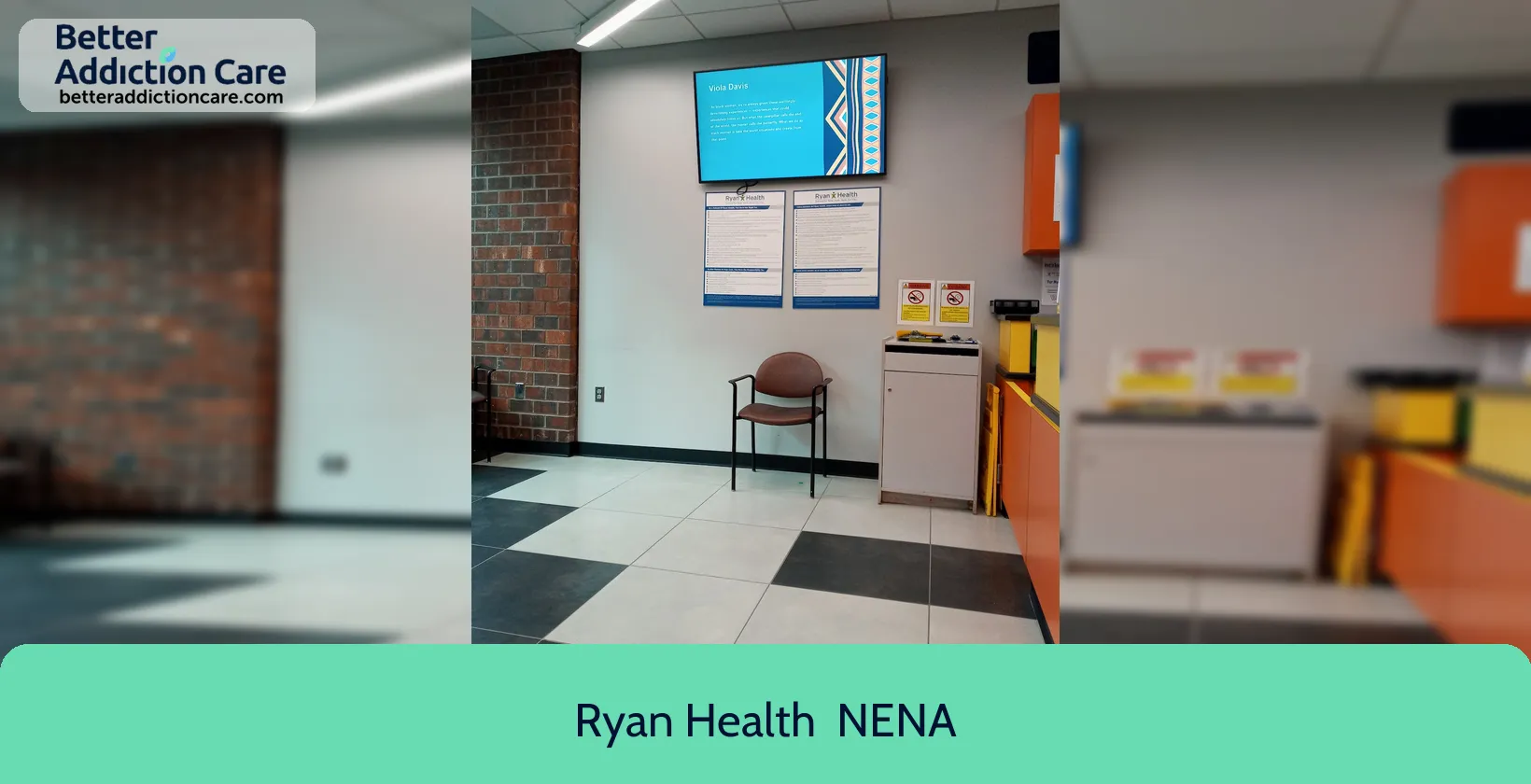
6.68

7.34
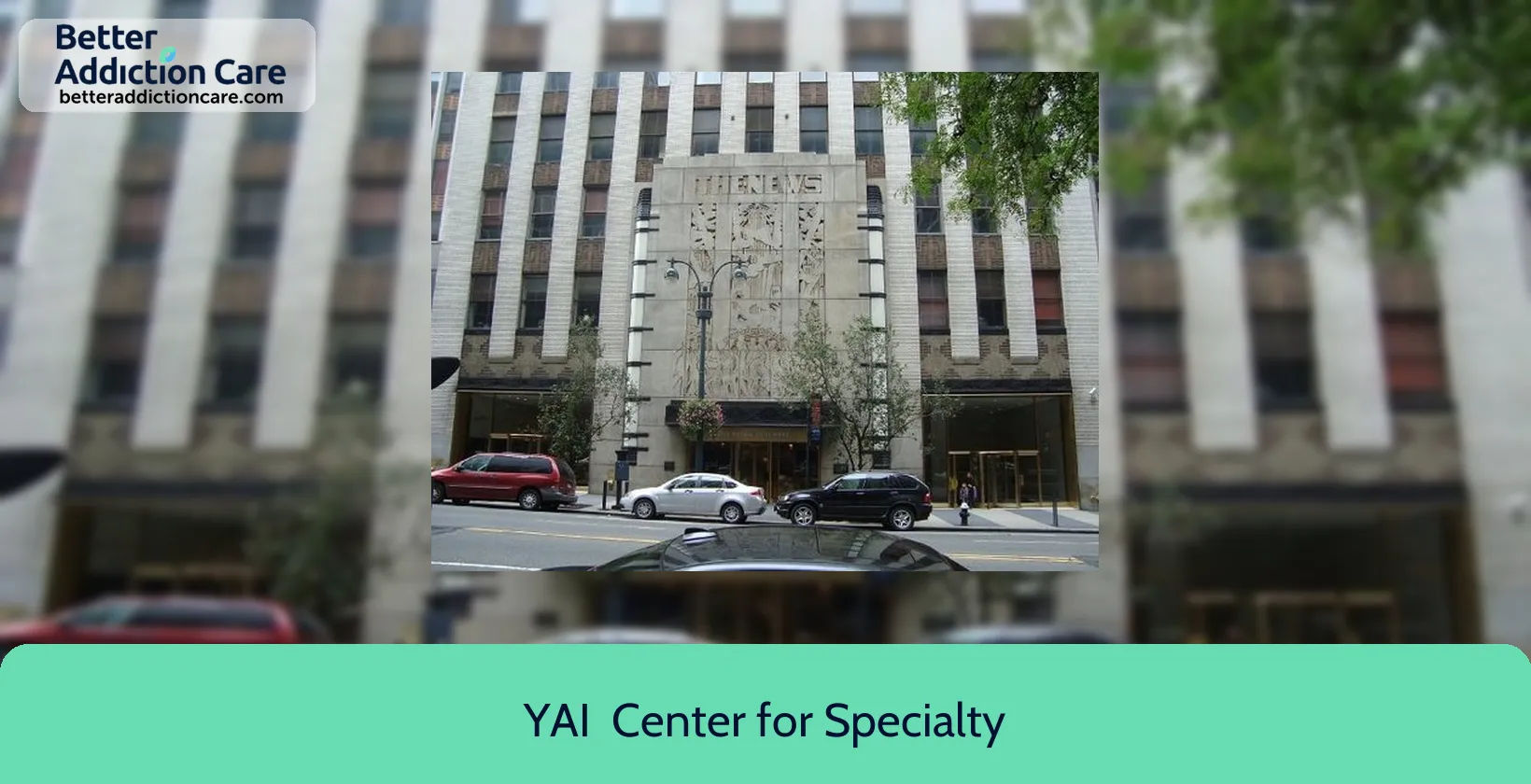
6.62
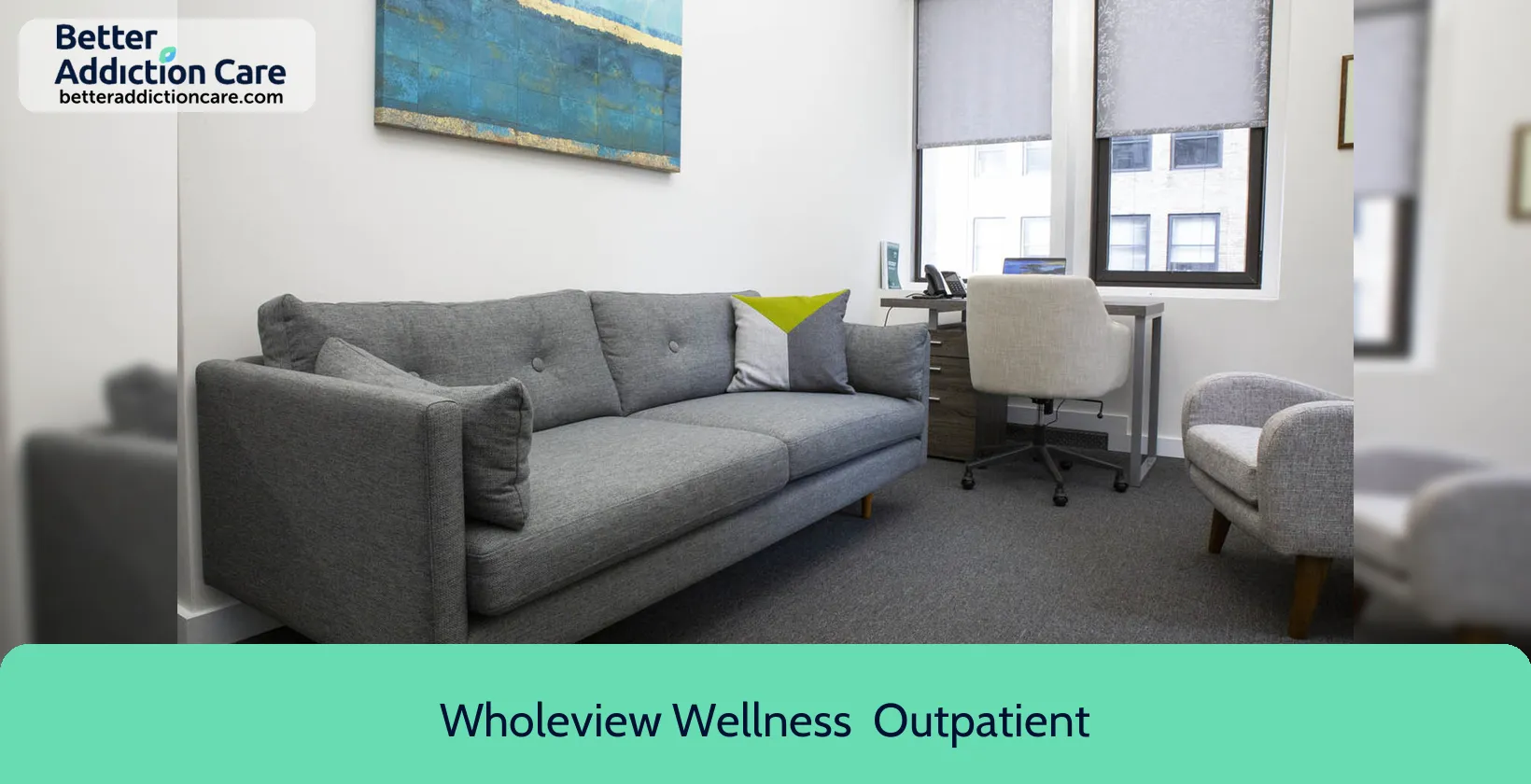
7.36
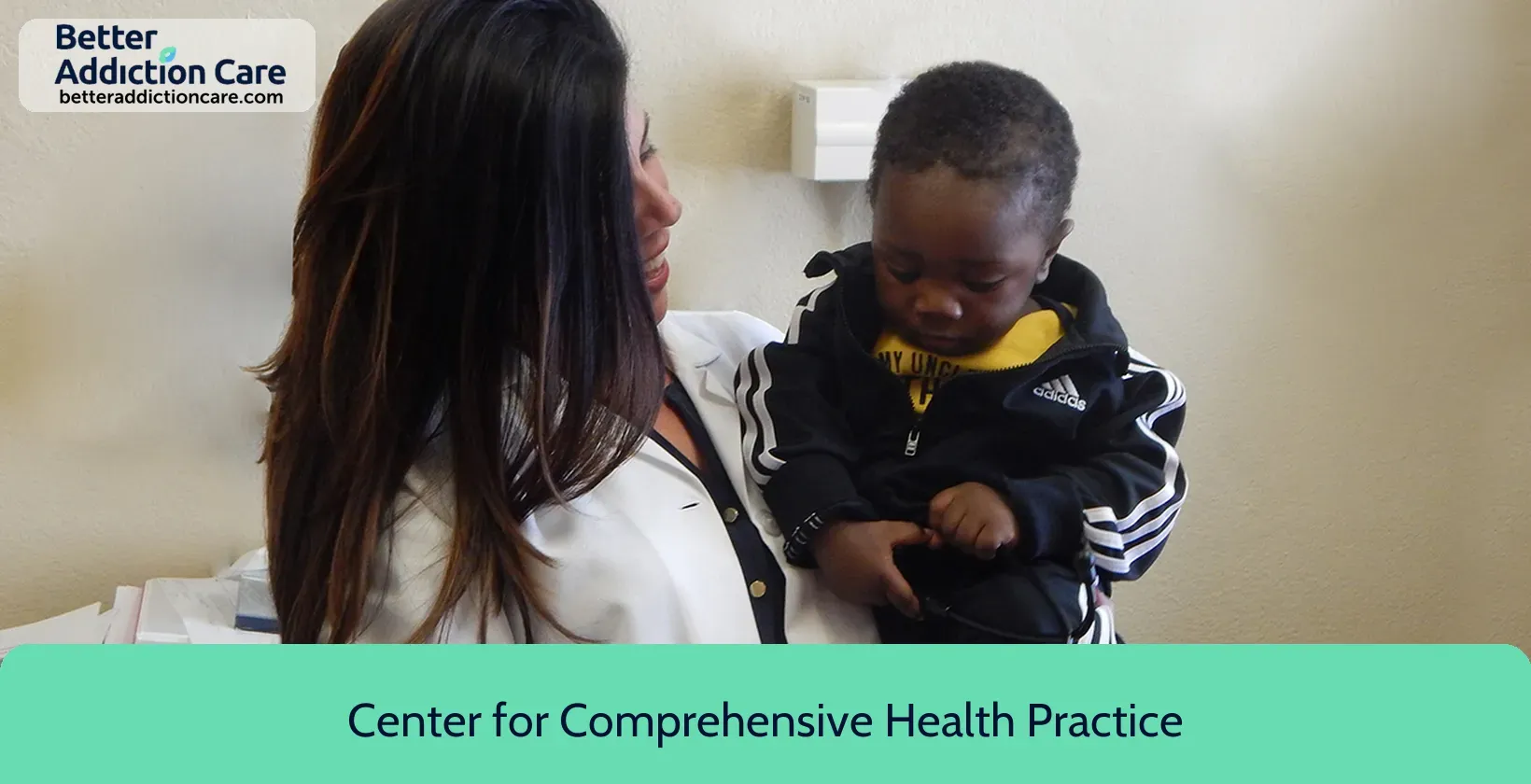
7.48
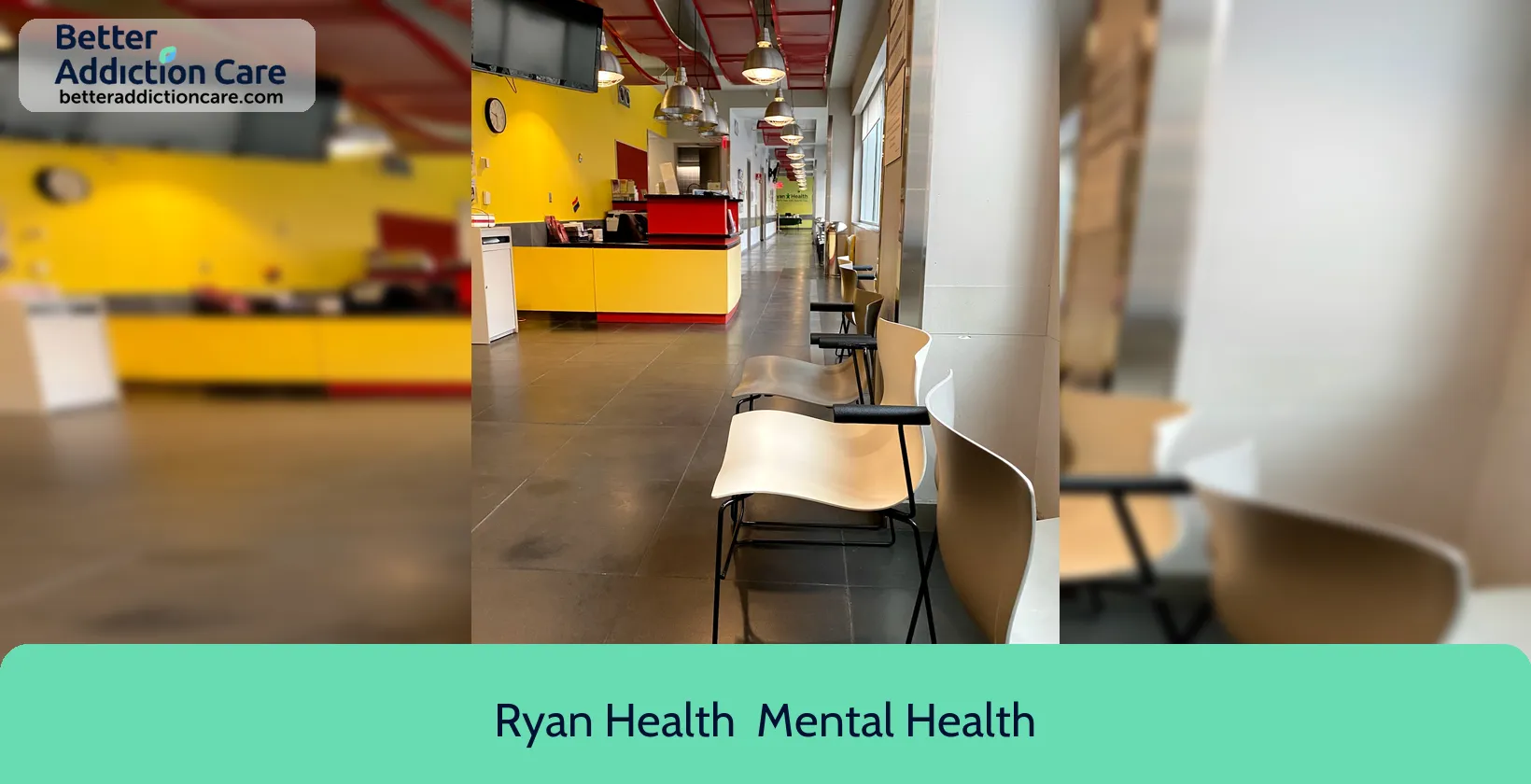
6.68

7.30

7.14
DISCLAIMER: The facility name, logo and brand are the property and registered trademarks of Bellevue Hospital Center (HHC), and are being used for identification and informational purposes only. Use of these names, logos and brands shall not imply endorsement. BetterAddictionCare.com is not affiliated with or sponsored by Bellevue Hospital Center (HHC).
